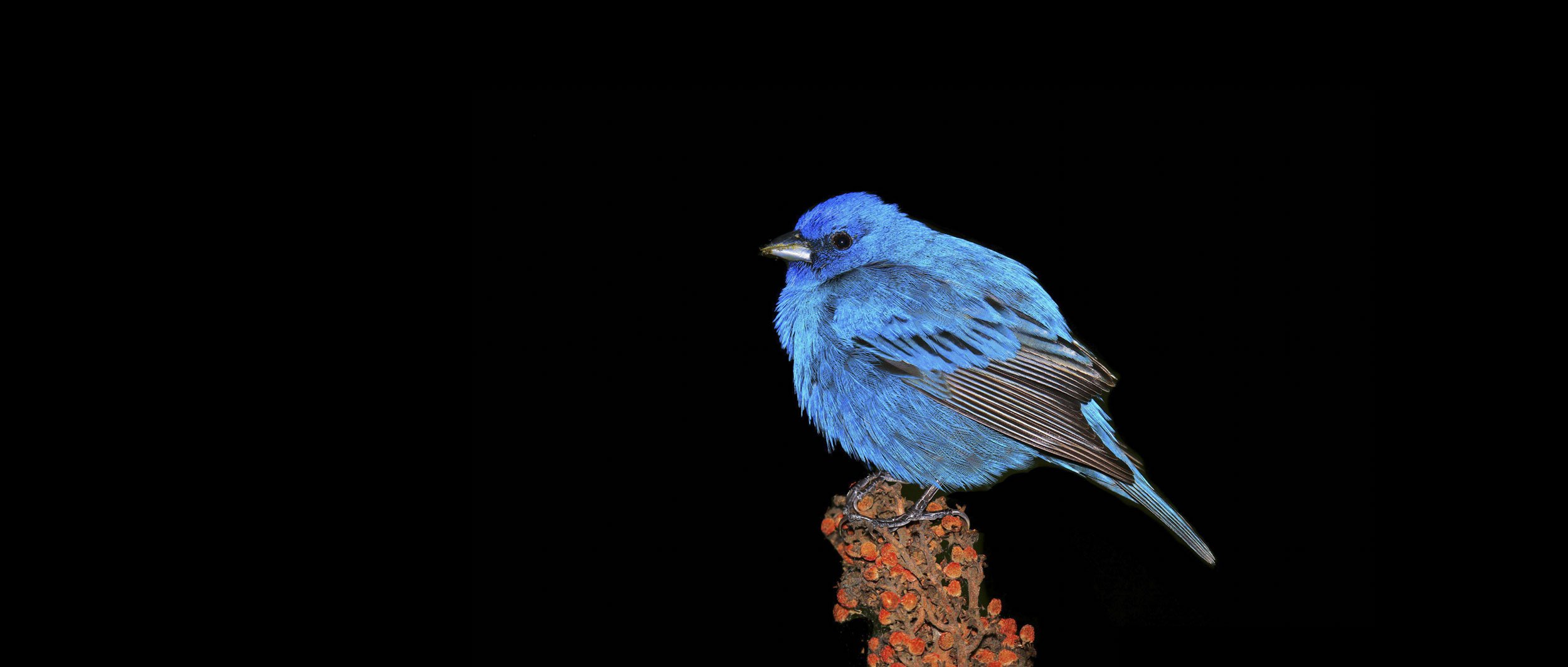
Political Vision: The 10 Point Plan for Financing Biodiversity
Point 2 – Synergies with Climate Finance
The Netherlands: Dutch Fund for Climate and Development
What
The Dutch Fund for Climate and Development (DFCD) was established in 2019 with an initial base of €160 million from the Dutch Ministry of Foreign Affairs to help address the funding gap that stands in the way of reaching global climate and biodiversity goals. The DCFD is a blended finance program designed to foster climate-resilient growth, increase biodiversity, and enhance the health of critical ecosystems in developing countries. As such, it seeks to find synergies between climate finance and development spending, and financing for halting the loss of and restoring biodiversity.
The pioneering consortium combines nature conservation and development expertise with public and private investments in both Land Use and Water sectors. Any OECD DAC listed ODA countries are eligible for funding, with Least Developed Countries (LDCs) prioritized.
Goal
The DFCD seeks to improve the wellbeing, economic prospects, and livelihoods of vulnerable groups – particularly women and children – and enhance the health of critical ecosystems, from water basins to rivers, tropical rainforests, and marshland. It seeks to achieve this through developing and financing climate resilience and biodiversity projects from the private sector, through an innovative program that operationalizes a blended finance approach that addresses market failure in climate change and biodiversity.
The innovative Origination Facility and Investment Facilities aim to overcome the ‘Valley of Death’, where businesses are not yet making a profit and many climate and biodiversity projects fail. DFCD aims to instead foster a ‘Valley of Opportunity’, to create bankable projects that can attract more finance and a scalable impact.
Recent activities
The innovative Origination Facility, managed by the Dutch Minister of Foreign Affairs and an NGO, identifies, supports, and develops climate resilient and nature-positive projects into viable business cases. These can then be presented to the Fund’s two Investment Facilities with the aim of mobilizing private capital from commercial lenders and investors.
Two examples of projects that the DFCD has supported:
In Bolivia, the DFCD supported Amazonas SA, a company that buys Brazil nuts from local communities in the Amazon Forest, paying them a fair wage and protecting the forest from deforestation. With help of the Origination Facility the company strengthened its environmental and social practices.
In South Africa, DFCD supports the Restore Africa Fund (RAFF), a fund that support farmers in South Africa to strengthen their business cases to switch to regenerative agriculture practices, aiming to improve soil health, biodiversity and climate resilience.
Benefits
Over the initial 4 years, the Origination Facility contracted fifty projects and has effectively mobilized €1.3 billion from both the public and the private sector. Through the Fund, projects can be developed which help to protect communities and cities from the increasing frequency of extreme weather events and strengthen biodiversity in areas that also provide people with water, food, and economic opportunities.
Next steps
In 2023 the DFCD Origination Facility was granted an additional €40 million to continue its operations and originate and de-risk an additional 60 projects across Africa, Asia and Latin America. These projects will contribute to halting and reversing biodiversity loss, help scale impacts on climate adaptation, food and nutrition security, gender equality and social inclusion further.
Synergies with other Points of the 10 Point Plan
1 – International Financial Flows
5 – Private Sector Alignment
10 – Partnerships for Biodiversity
Relevant links and resources
For further information, visit www.thedfcd.com
www.thedfcd.com/news
If you would like further information, please contact Jaap de Jong at WWF Netherlands at jjong@wwf.nl or info@thedfcd.com

